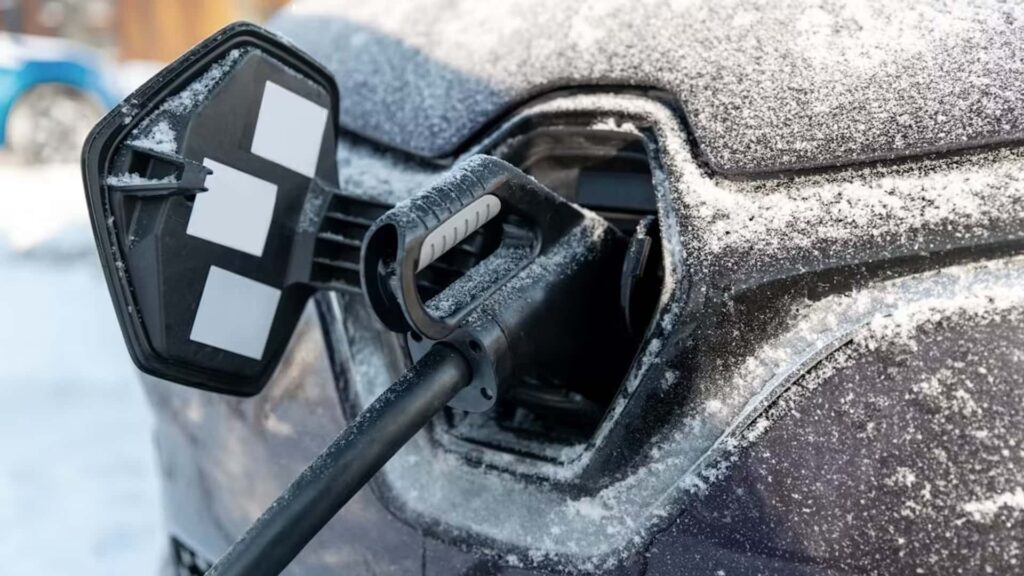Despite these unknowns, the potential for this new technology is promising. With electric vehicles becoming increasingly popular, especially in regions with harsh winters, having a battery that can perform well in sub-zero temperatures is crucial. The ability to charge quickly and maintain range even in extreme cold weather conditions could be a game-changer for the EV industry.
As research in battery technology continues to advance, we can expect to see more innovative solutions to common challenges faced by electric vehicle owners. The collaboration between Arbor Battery Innovations and the University of Michigan researchers is just one example of how scientists and engineers are working together to push the boundaries of what is possible with lithium-ion batteries.
While it may still be some time before this new 3D electrode architecture is commercially available, the results of the study published in Joule are certainly promising. As we look towards a future where electric vehicles are the norm rather than the exception, advancements in battery technology will play a crucial role in making that future a reality.
So, the next time you’re driving your electric vehicle in the dead of winter, you can rest assured knowing that researchers are hard at work finding solutions to ensure that your battery performs at its best, no matter how cold it gets outside.
The recent study that claims electric vehicle (EV) batteries can operate and charge efficiently in extreme temperatures without any performance loss or degradation has raised eyebrows in the EV community. The authors of the study have not yet responded to requests for comments, leaving many to wonder about the validity of their claims.
While it is true that most modern EVs have a broader operating range compared to traditional vehicles, the study’s assertion that EV batteries can function optimally in extreme temperatures contradicts real-world experiences. For example, Tesla Model 3, known for its advanced battery technology, has a specified operating temperature range of -22F to 140F according to its user manual. However, Tesla owners have reported significant range loss in freezing temperatures, indicating that efficiency can be compromised in extreme weather conditions.
The study’s findings suggest that EV batteries with advanced chemistries can not only withstand extreme temperatures but also charge rapidly without any performance issues. If proven true, this could be a game-changer for the EV industry, eliminating concerns about range anxiety and battery degradation in harsh climates. However, until the authors provide further insights or data to support their claims, skepticism remains among experts and consumers alike.
As the demand for electric vehicles continues to grow, it is crucial for researchers and manufacturers to address the challenges associated with battery performance in varying weather conditions. Whether the study’s conclusions hold up to scrutiny or not, the quest for more efficient and reliable EV technology remains a top priority for advancing the future of sustainable transportation. Only time will tell if EV batteries can truly defy the odds and excel in extreme temperatures without compromising performance.

